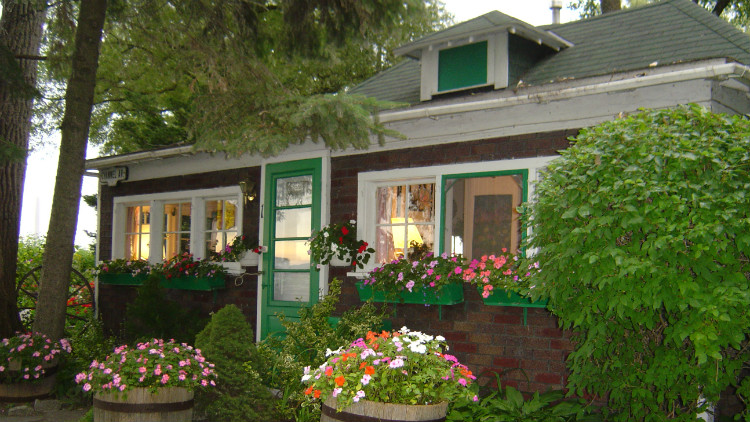Tax implications of AirB&B Hosting – Have you got yourself covered?
This post is by Sheral Reddy, Associate Director at GECA Chartered Accountants and an experienced CA who specialises in tax and property compliance.
The Kiwi summer is not over yet and with all the public holidays coming up a lot of Kiwis have been renting out their homes using the rental website Airbnb.
Airbnb allows people to put up their properties or spare rooms for rent. This website is being used by a growing number of travellers worldwide to find short term accommodation instead of booking into hotels. For a lot of property owners this has been a great way of earning extra income as well as meeting a lot of new people.
Although Airbnb requires their hosts to declare any income collected from listing their property on the Airbnb website, most home owners are not aware of the tax and other implications that may arise when renting their home as an Airbnb host. This includes possible exposure to income tax, GST, insurance and Health & Safety issues, all of which could attract fines and penalties if not correctly done. However, with planning and the appropriate ownership structure these risks can be managed and mitigated.
Record keeping & Tax implications:
All receipts from the rental activity will need to be declared as rental income less any expenditure relating to the rental activity. While some costs will be directly related to the Airbnb hosting activity, there will be some costs relating to the property as a whole that will need to be apportioned.
The main issue for most home owners will be working out the portion of expenses to claim if they are renting out a portion of their own home.
When working out the portion of expenses to claim the following will need to be taken into account when doing the calculations:
- Number of people living in the house
- Area used by Airbnb exclusively
- Area shared by the hosts as well as Airbnb guests
- Total area of the property
- Number of days the property was rented out during the year
- Expenses related to the whole property such as rates, insurance, mortgage interest, power, internet, gas, etc
- Other items to consider will be which consumables are 100% deductible and which chattels to depreciate.
We recommend keeping proper records during the year so your Accountant can do all the necessary apportionment calculations for you at year end and prepare the necessary Income Tax returns. This ensures the apportionment is accurate – vital when dealing with the IRD – and avoids the hosts having the hassle to do all the calculations and determining what is deductible or not.
A lot of hosts can confuse themselves as having a mixed used property. However, short-term accommodation is within the definition of commercial dwelling and includes any hotel, homestays, BnB, hostel, boarding houses or motels.
GST & Ownership:
Although, the B&B activity comes under the definition of commercial dwelling, it does not mean you have to register for GST. GST registration is only required if GST is charged either by the host or Airbnb or if the turnover exceeds over $60,000 in a 12 month period. The hosts need to monitor their turnover during the year, just in case they go over the threshold and need to register for GST.
Once the host exceeds the GST threshold and is registered for GST, future GST liabilities may arise as the sale of the property will be deemed to be as a taxable supply. Ending up in a situation where GST is payable on the sale of their personal residence is something many hosts would not have foreseen.
The GST liability issue on the sale of the property may not arise if:
- The Property was owned by a Trust and the Beneficiaries were the hosts for the rental activity together with a rental agreement in place. As trustees of the Trust certain resolutions will also be required. There would be more distribution and tax planning options available for a Trust as well.
- If only one partner did the hosting although the property was owned by a couple or
- If the hosting activity was provided by a company or a separate legal entity although the property is owned by a couple.
Although, the compliance cost for the preparation for Trust or company can be more than an individual Income Tax Return or Rental Statement, the benefits of having a structure in place that does not create a GST liability when the property is sold will far outweigh any additional costs. Also, as a host you do not want to pay more in GST than what you have earned as rental income over the period of the rental activity.
There is more to the above than just having the right ownership structure and it is also important to look at what other sources of income a B&B host may have and other relevant factors. It is also important to understand and be aware of what expenses are fully deductible and which expenses will require apportionment.
Health & Safety Considerations:
Airbnb operators are also covered by the Health and Safety Act as they are involved in a business transaction and this should be part of your considerations when deciding to be an Airbnb host.
So if you want to be an Airbnb host, avoid any issues by getting it right from Day 1 and contact your GECA advisor now on 0800 758 766 for a complimentary, no obligation discussion of your needs.




